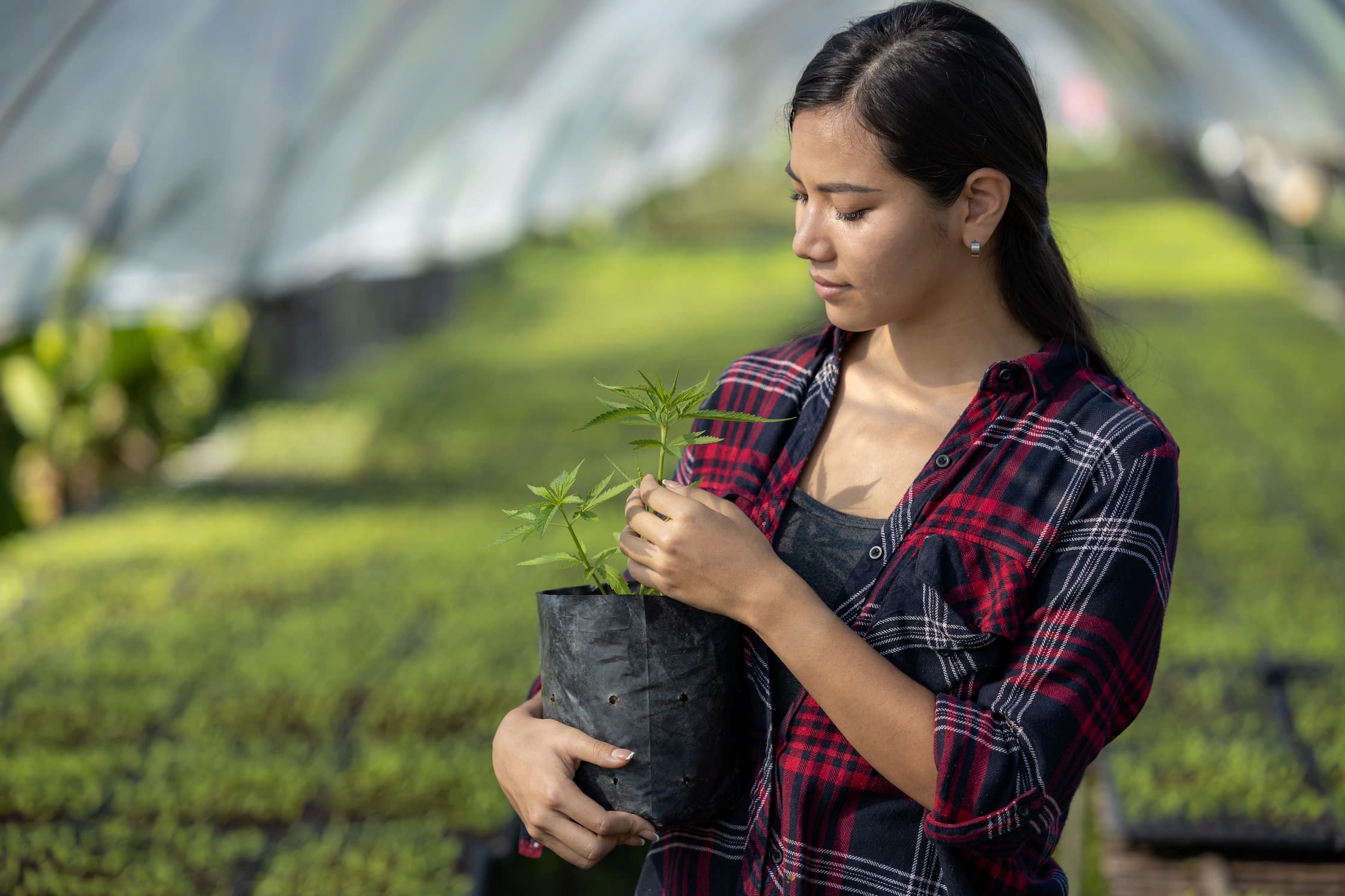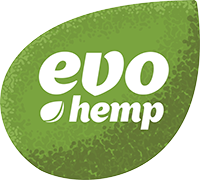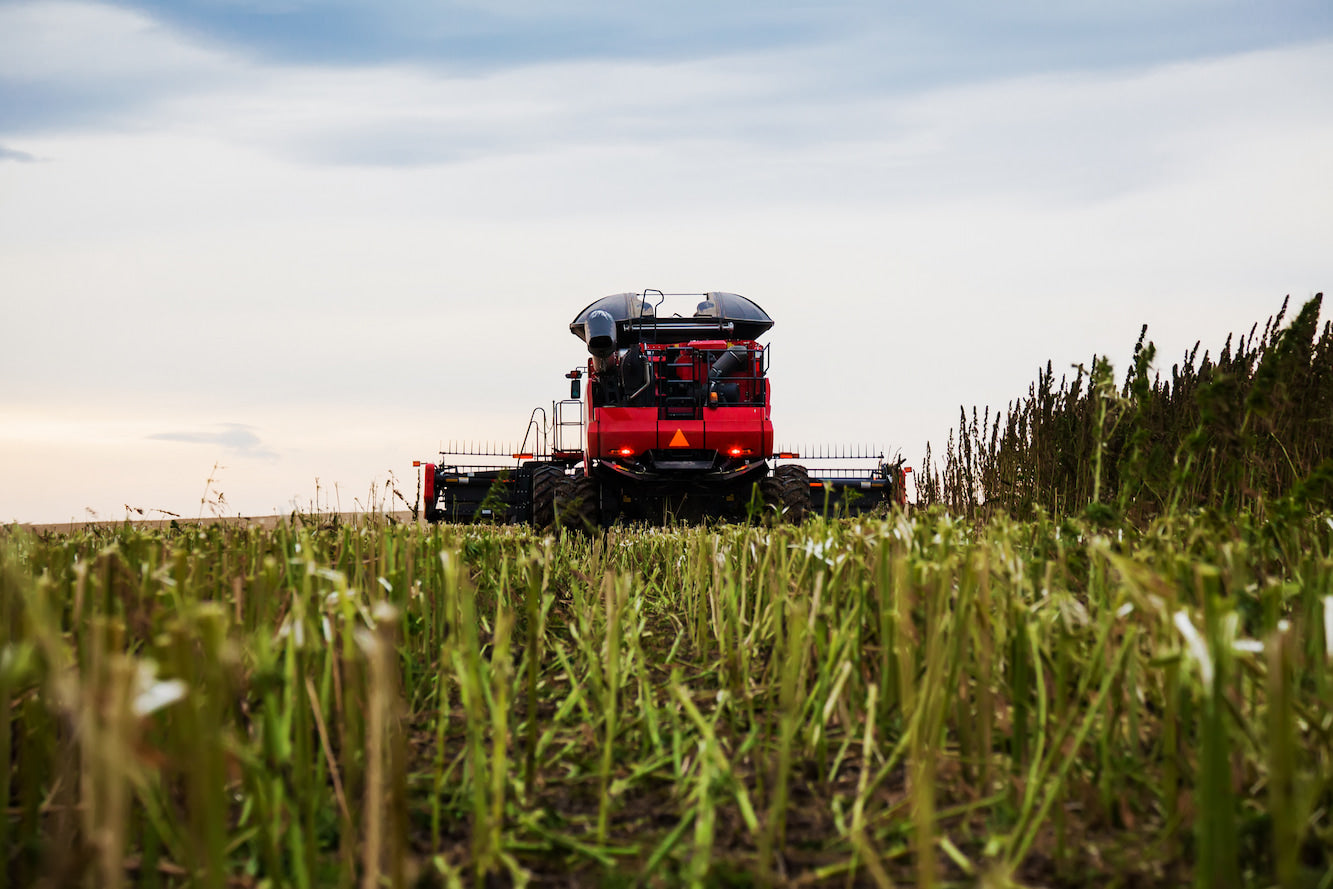Is CBD Oil Addictive? Everything You Should Know

Among all of the buzz around CBD, one question you might be wondering is, is CBD addictive?
It’s a more than logical question. It’s easy to assume that CBD may be addictive if you’re unfamiliar with it. It shares a close connection with THC (the cannabinoid in cannabis that is known to cause psychoactive effects), not to mention a history in the United States of fear-mongering and over-exaggerating (and sometimes just plain making up) the effects of cannabis.
The good news is that CBD is not addictive!
We’re sure you still have questions, though, so let’s break it down.
What Is CBD?
CBD is a small but powerful compound derived from the hemp plant. As one of over 100 cannabinoids found in this plant, CBD is able to work with our body’s endocannabinoid system (the ECS), an internal messaging network within the body that plays a role in maintaining homeostasis by regulating mood, pain, and sleep.
How Does CBD Work in the Body?
Because CBD is a phytocannabinoid that is chemically similar to the endocannabinoids our body already produces, CBD is able to support the endocannabinoids that bind with our cannabinoid receptors (CB receptors) throughout the brain, nervous system, and within cells in just about all organs, muscles, and tissues throughout the body.
Unlike THC, CBD products do not produce the psychoactive effects associated with cannabis when it interacts with the endocannabinoid system.
Because CBD does not interact with the brain the same way that THC does, it is not linked to any addictive characteristics (though it’s arguable that THC isn’t addictive either — but that’s a different blog post).
Unfortunately, the fear that CBD is addictive has persisted, largely due to a history of fear-mongering surrounding cannabis and–to a lesser extent–hemp.
Hemp vs. Cannabis: Why the Bad Rep?
Contrary to popular belief, hemp and cannabis are not from different species of plants. Instead, hemp is a type of cannabis plant, specifically Cannabis sativa.
For decades, cannabis and hemp were discussed as completely different species of plants, but the two are simply from different subspecies or variations of the cannabis plant.
What sets hemp and “cannabis” apart (which is actually the Cannabis indica plant), especially legally, is the tetrahydrocannabinol (THC) content. THC is the plant compound in cannabis that is associated with psychoactive effects in cannabis users.
“Hemp” is used to refer to any variety of plant that has less than 0.3% THC content, while “cannabis” is used to refer to any subspecies of the cannabis plant that contains more than that federally legal limit. But really, both are technically cannabis plants.
Differentiating hemp and cannabis based on the 0.3% THC content only began in the 1970s, when it was proposed in the book, The Species Problem in Cannabis: Science & Semantics by the scientist Ernest Small.
While legally, “marijuana” is the term used to refer to any cannabis plant or product with over 0.3% THC, many people are moving away from the term due to the history of racism surrounding this term.
Why We Prefer the Term “Cannabis” Over “Marijuana"
The term “marijuana” only became commonplace in the U.S. in the early 1900s. Before then, it was simply called cannabis. However, a rise in immigration from Mexico to the U.S. during the Mexican Revolution began a fresh wave of racist and anti-immigrant sentiments in the states. Anti-cannabis propaganda crept up, and in 1936 the propaganda film Reefer Madness was released, which equated cannabis to violence.
Thepanic surrounding cannabis and drug use persisted, and the U.S. government popularized the term “marijuana” to create an association between Mexican immigrants and cannabis by using a word that explicitly sounded Spanish, leading to decades of racist stereotypes and unwarranted alarm, quickly resulting in the criminalization of cannabis and hemp alike.
With this history in mind, a number of people, including us at evo hemp, are choosing to use the term “cannabis” instead of marijuana when referring to plant variations containing more than 0.3% THC content.
While the perception of hemp and cannabis have begun to shift in the past decade — reflected in the cultivation of hemp finally becoming legal federally again in 2018 and the number of states currently legalizing cannabis use — there is still much work to be done in regards to addressing misconceptions around the terms “hemp” and “cannabis,” as well addressing the racist history and current racial inequities so deeply tied to cannabis in the United States.
While legalizing the commercial cultivation of hemp was a huge win, the 2018 Farm Bill still continues the trend of inequities in the hemp industry with an exclusion: those with a felony related to cannabis use in the last ten years cannot apply for a commercial hemp growing license.
This blocks out so many individuals who were unfairly targeted and criminalized for cannabis due to racism from entering the industry, even as cannabis use becomes recreationally legal in many states.
These continued disparities are part of the reason that there is a call for more equity and justice in the hemp and overall farming industry, including the decriminalization of cannabis, creating more ways to ensure that those who were criminalized for cannabis use can now enter and profit from the growing legal industry, and calls to pass the Justice for Black Farmers Act.
Phew. That was a lot. But that’s because it is a lot, and as we reap the benefits of this beautifully nourishing and versatile plant, we have to do so in the context of its history.
Is CBD Biologically Addictive?
Recent studies and reports have agreed that no form of CBD product containing the legal limit of 0.3% of THC is associated with the potential for addiction or abuse.
Studies also found no risk of cannabis withdrawal symptoms when CBD use is stopped, even after ongoing, high-dose usage.
What About THC? Is That Addictive?
Because THC is thought to bind directly with cannabinoid receptors in the brain leading to the intoxicating effect, people tend to think there is some risk of addiction associated with ongoing cannabis use (cannabis with over 0.3% THC content), but it is nothing close to what was presented in the fear-mongering propaganda of the 1930s.
It is also nowhere near the same type of “addictive” as hard drugs like cocaine or even alcohol.
The vast majority of people who use cannabis do not develop addictive disorders.
Can I Use CBD If I’m Recovering From a THC Addiction?
You do not need to avoid CBD due to an addiction to any other substance–even THC. In fact, CBD may actually help weaken the effects of high levels of THC in the body.
So CBD Isn’t Addictive, But Are There Any Side Effects?
CBD is considered extremely safe and non-habit-forming with only rare and minor side effects, such as fatigue, diarrhea, headaches, and nausea (which are actually typically a result of GI sensitivity to fatty oils included in CBD products). Most of these potential effects of CBD also tend to occur when CBD oil is taken in extremely high doses.
Can I Take CBD Daily?
CBD is safe for daily use, and in many cases daily use is encouraged to help consistently support various aspects of physical and mental wellness, such as emotional wellness and overall balance in the body.
For instance, studies suggest that to support ongoing sleep quality, CBD should be taken at the same time every day for at least a month.
What Are the Benefits of CBD?
CBD provides a number of health benefits without the risk of addiction.
Soothes Feelings of Discomfort, Tension, and Stress
The endocannabinoid system relies on endocannabinoids to provide relief when any part of the body is experiencing discomfort. When CBD oil enters the bloodstream, it can support the ECS in soothing tension and easing discomfort.
During times of stress, the body produces higher levels of the cortisol hormone than normal, which can disrupt sleep, lead to body tension, and interfere with brain function. Endocannabinoids can bind to CB receptors throughout the body and brain to help ease feelings of mental and physical stress. CBD can further promote relaxation when supporting the body’s endocannabinoids.
Calming the Mind
Because the endocannabinoid system helps regulate mood, endocannabinoids can interact positively with serotonin and dopamine, two neurotransmitters that can help boost the mood as well as activate the brain’s pleasure centers and psychological functions associated with reward.
While CBD isn’t thought to act directly within the brain the way that THC does, CBD can support the body’s endocannabinoids when they interacts with the receptors involved in mood regulation.
Supporting Sleep
By helping the mind unwind from daily stimuli, taking CBD shortly before bed can promote restfulness (without drowsiness) and help the mind drift into sleep.
How Much CBD Should I Take per Day?
A good rule of thumb is to start with about ten mg of CBD per day, and work your way up by five to ten mg at a time until you find your personal sweet spot.
While participants in some trials safely used up to 1,500 mg of CBD per day, most people do not require more than 100 mg per day to feel the desired effects.
CBD oil is a particularly beginner-friendly way to start using CBD, as it comes with a dropper that makes it incredibly easy to control and change your dose as needed.
As always, make sure any CBD product you buy is third-party tested. This ensures the ingredients are high-quality, all ingredients are labeled accurately, and the doses listed on the label accurately match what is inside.
evo hemp CBD Oil
At evo hemp, we believe in providing accurate education on hemp and cannabis, paired with providing the purest, most potent, high-quality hemp and CBD we can. We sustainably source our CBD and hemp extract from Native American farmers and are always excited to introduce new people to the many benefits of hemp.
Ready to check out CBD oils for yourself? Find them (and plenty of other hemp products) at our shop!
Sources:
An introduction to the endogenous cannabinoid system | National Library of Medicine
The Species Problem in Cannabis: Science & Semantics | Ernest Small | Google Books
Racism and Its Effect on Cannabis Research | Cannabis and Cannabinoid Research
Justice for Black Farmers | National Black Food and Justice Alliance
CANNABIDIOL (CBD) Pre-Review Report | World Health Organization
- Tags: CBD



